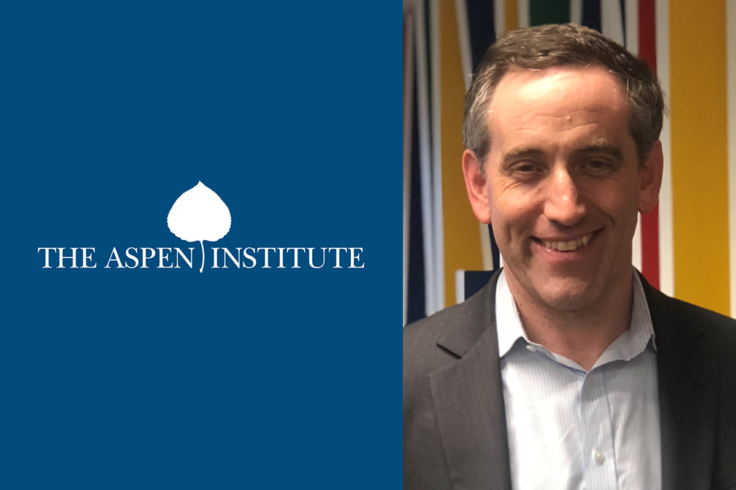How State Policymakers Can Prepare for the Future of Work
Governors and state legislators have an important role in preparing their constituents for the changing nature of work. Earlier this year, the Aspen Future of Work Initiative published a State Policy Agenda highlighting a set of policy options for state policymakers to consider. These proposals focus on three approaches: modernizing worker benefits and protections, building a skilled and resilient workforce, and aligning and prioritizing future of work policy.
- The traditional employer-employee relationship has weakened over time, meaning that work for many does not include employer-provided benefits and protections. The first approach seeks to encourage economic stability and security through proposals like creating a system of portable benefits, expanding paid leave across all work arrangements, limiting non-compete and no-poach agreements, and updating Unemployment Insurance to account for non-traditional work.
- Technology and globalization will continue to create opportunities and challenges for workers. The combined impact of these trends will inevitably lead to the decline of some jobs and industries, while creating new types of jobs and necessary skills in other areas. Policymakers have an important role to play in helping workers manage these transitions. Working with employers, we need policies that make it easier to access effective and affordable training that leads to concrete job opportunities and career pathways. This approach focuses on proposals like boosting the incentive for employers to invest in workers, empowering workers to invest in their own training, expanding access to high-quality training, increasing quality apprenticeships, expanding career coaching and re-employment services, and improving state labor market data.
- To meet the challenge, states need to involve all stakeholders, from education and training providers, to philanthropy and policymakers. States like California, New Jersey, and Colorado have created task forces to examine the future of work and develop local solutions. Other states, like Indiana, have created a Workforce Cabinet, where members of the Governor’s Cabinet focus attention on these issues. Finally, Virginia has created a new Cabinet-level position, Chief Workforce Advisor to the Governor, to work across government agencies to develop ideas that address the changing nature of work. These examples provide models that other states should consider as they evaluate how to develop their own solutions.
State policymakers have the opportunity and responsibility to develop new ideas, pilot innovative programs, and forge partnerships that help workers and businesses in the U.S. adjust to a changing economy. We hope that these policy ideas can serve as a starting point as they build a vision for the future of their states.
-Alastair Fitzpayne, Executive Director, Aspen Institute Future of Work Initiative



